
In the
Batty's Bath studio the first thing you'll notice is the wonderful smells wafting out. In fact, you'll notice this before you've even entered our house! Our neighbors recently told my fiance that they love going out to the car in the morning because the studio window faces their drive-way and they can always smell wonderful soapy scents coming from our place! I've gotten used to the blend of scents and don't notice it much until we leave for a few days and come back. After we got back from my brother's wedding I realized that our place really does smell like a "soap or candle shop" like everyone says it does! Behind those scents are wonderful, high quality ingredients such as essential oils, shea butter, coconut oil, palm oil, caster oil, cocoa butter, sweet almond oil, jojoba beads, apricot shells, brown sugar, soy butter, olive oil, and more!
Keep watching the blog as I'll be featuring these skin loving ingredients! Or click the "ingredients" link under the blog topics heading on the sidebar.
Today I'll start by featuring essential oils.
An essential oil is a liquid that is generally distilled (most frequently by steam or water) from the leaves, stems, flowers, bark, roots, or other elements of a plant. Essential oils, contrary to the use of the word "oil" are not really oily-feeling at all. Most essential oils are clear, but some oils such as patchouli, orange and lemongrass are amber or yellow in color.
Essential oils contain the true essence of the plant it was derived from. Essential oils are highly concentrated and a little goes a long way. The chemical composition and aroma of essential oils can provide valuable psychological and physical therapeutic benefits. These benefits are usually achieved through methods including inhalation and application of the diluted oil to the skin.
Some of the essential oils I use the most are patchouli, lemon, grapefruit, lavender, peppermint, and orange. Read more about them below:
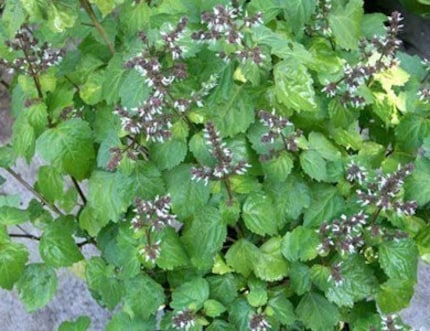 Patchouli Essential Oil
Patchouli Essential OilDespite its aroma being an "acquired taste" (so to speak) for some, Patchouli Essential Oil is remarkably versatile. Often associated with the hippies and the 1960s, the fragrance of patchouli is rich, earthy and grounding.
It is helpful for most all skin types ranging from dry, cracked skin all the way to helping to regulate oily skin and acne. Those with eczema, psoriasis and dandruff have said that patchouli is especially helpful for them. Emotionally, patchouli is
calming and grounding. Spiritually, patchouli has been used alone or in blends during prayer and meditation.
Patchouli Essential Oil can be found in the following Batty's Bath products:
Patchouli Glycerin Soap and
Patchouli Facial Moisturizer. Both of these products are made especially for problem skin.
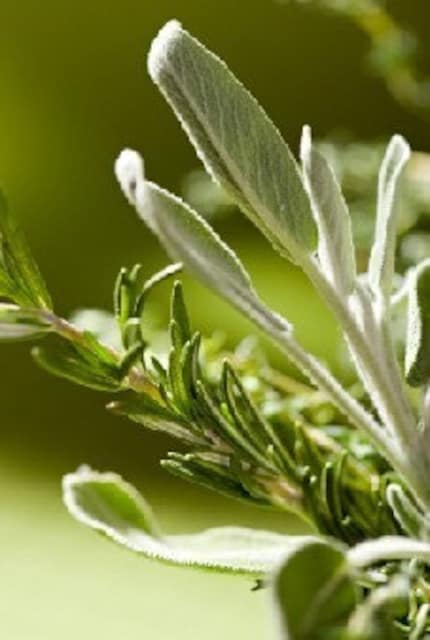 Lemon Essential Oil
Lemon Essential OilLemon Essential Oil has been historically recognized as a cleanser. It is reputed as being antiseptic, and as having
refreshing and cooling properties. Lemon oil can be very beneficial to the circulatory system and aids with blood flow, reducing blood pressure and helping with nosebleeds. It can help bring down fever, helps relieve throat infections, bronchitis, asthma and flu. It boosts the immune system and cleanses the body, improves the functions of the digestive system, and it is helpful with constipation, dyspepsia and cellulite.
Lemon oil soothes and relieves headaches and migraines and is helpful for rheumatism and arthritis. It is also used for
clearing acne, cleaning greasy skin and hair, as well as
removing dead skin cells, easing painful cold sores, mouth ulcers, herpes and insect bites. The therapeutic properties of lemon oil are anti-anemic, antimicrobial, anti-rheumatic, anti-sclerotic, antiseptic, bactericidal, carminative, cicatrisant, depurative, diaphoretic, diuretic, febrifuge, haemostatic, hypotensive, insecticidal, rubefacient, tonic and vermifuge.
You can find Lemon Essential Oil in the following Batty's Bath products:
Foot Loving Scrub
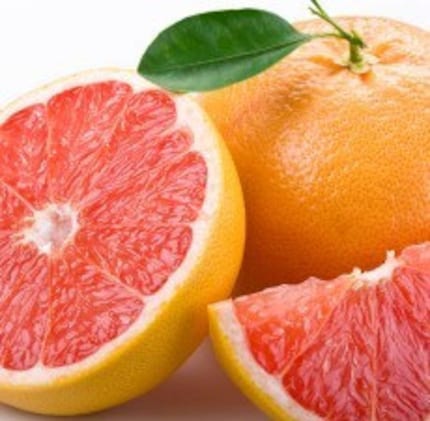 Grapefruit Essential Oil
Grapefruit Essential OilGrapefruit Essential Oil is useful for more than just fighting cellulite and boosting your lymphatic system - it
positively affects your mood and
revives the mind while stimulating the digestive system and
clearing up congested oily skin and acne. Grapefruit has a high vitamin C content and is therefore valuable to the immune system. It helps protect against colds and flu, has a very positive effect on obesity and also has diuretic properties, helping to remove excess water from the body and is therefore also great for treating cellulite. It has an uplifting effect on the mood and helps with stress and depression. It is used with great success to
combat muscle fatigue and stiffness while stimulating the lymphatic system and thereby clearing the body of toxins. It helps to clear congested oily skin and also
assists with acne, while toning the skin and tissues. Grapefruit is used in hair care to promote hair growth.
You can find Grapefruit Essential Oil in the following Batty's Bath products:
Foot Loving Scrub and
Grapefruit Essential Oil Deodorant.
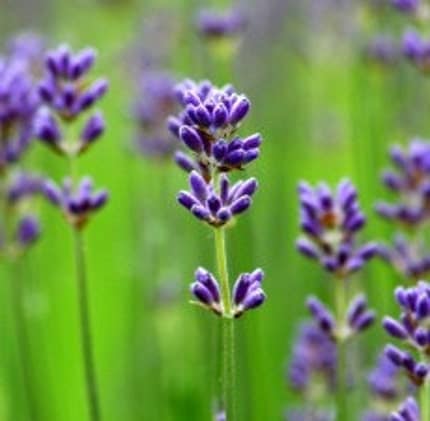 Lavender Essential Oil
Lavender Essential OilIt is with good reason why lavender oil is one of the most favorite essential oils, as it has wonderful qualities and also smells great. It is a
calming, relaxing oil, which combats stress and crisis, while the antiseptic properties helps with cold, flu and other ailments. It is excellent for asthma and migraines. Apart from that it supports female health and on the skin it has a healing effect, while
preventing scarring and balancing the skin. It is also very beneficial for problems such as bronchitis, asthma, colds, laryngitis, halitosis, throat infections and whooping cough and helps the digestive system deal with colic, nausea, vomiting and flatulence. Lavender oil
relieves pain when used for rheumatism, arthritis, lumbago and muscular aches and pains, especially those associated with sport. On the skin, lavender oil
tones and revitalizes and it is useful for all types of skin problems such as abscesses, acne, oily skin, boils, burns, sunburn, wounds, psoriasis, lice, insect bites, stings and also acts as an insect repellent.
Lavender Essential Oil and Lavender Botanics can be found in the following Batty's Bath products:
Natural Lavender Bath Tea,
Lavender & Chamomile Shampoo,
Lavender & Chamomile Conditioner, and
Lavender & Chamomile Body Wash.
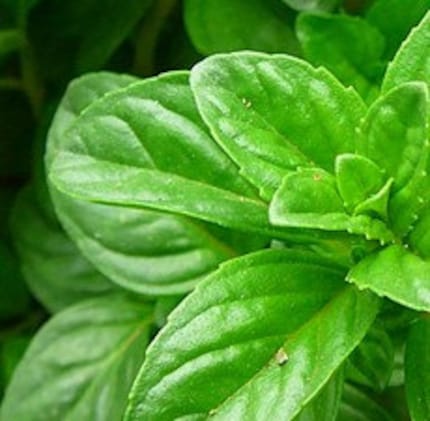 Peppermint Essential Oil
Peppermint Essential OilPeppermint Essential Oil is excellent for mental fatigue and depression,
refreshing the spirit and stimulating mental agility and improving concentration. It helps for apathy, shock, headache, migraine, nervous stress, vertigo and faintness and in general respiratory disorders, as well as dry coughs, sinus congestion, asthma, bronchitis, pneumonia, tuberculosis and cholera. For the digestive system, peppermint oil is effective for a range of ailments, as it stimulates the gall bladder and the secretion of bile. It is used for colic, cramps, dyspepsia, spastic colon, flatulence and nausea and can relieve pain in cases of toothache, aching feet, rheumatism, neuralgia, muscular pains and painful periods. On the skin, peppermint oil is used to
relieve skin irritation and itchiness and also helps to
reduce skin redness, where inflammation is present. It is used for
dermatitis, acne, ringworm, scabies and pruritus and also
relieves itching, sunburn and inflammation of the skin, while at the same time having a cooling action.
You can find Peppermint Essential Oil and Peppermint Botanics in the following Batty's Bath products:
Foot Loving Scrub,
Peppermint Essential Oil Glycerin Soap,
Natural Peppermint Bath Tea, and
Peppermint Essential Oil Deodorant.
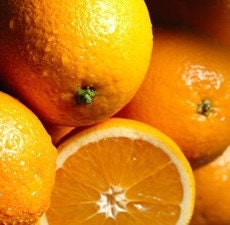 Orange Essential Oil
Orange Essential OilThis unpretentious essential oil is used in aromatherapy to create the
feeling of happiness and warmth, while calming nervous digestive problems. It deals very well with colds and flu, eliminates toxins and stimulates the lymphatic system, while
supporting collagen formation in the skin. It is a sunny and radiant oil, bringing happiness and warmth to the mind and helps people to relax and helps children to sleep at night. When used in a cream or lotion it also assists the lymphatic system,
helping to detoxify congested skin and although it is a good general skin tonic, it is great for older more
mature skin, dealing with
dermatitis, as well as
acne and soothing
dry irritated skin. The general tonic action seems to stem from the action it has on supporting collagen formation in the skin, which is required for a healthy, young-looking skin.
You can find Orange Essential Oil in the following Batty's Bath products:
 Today we take a look at one of the ingredients I use in my B&B products: Dead Sea salt!
Today we take a look at one of the ingredients I use in my B&B products: Dead Sea salt!





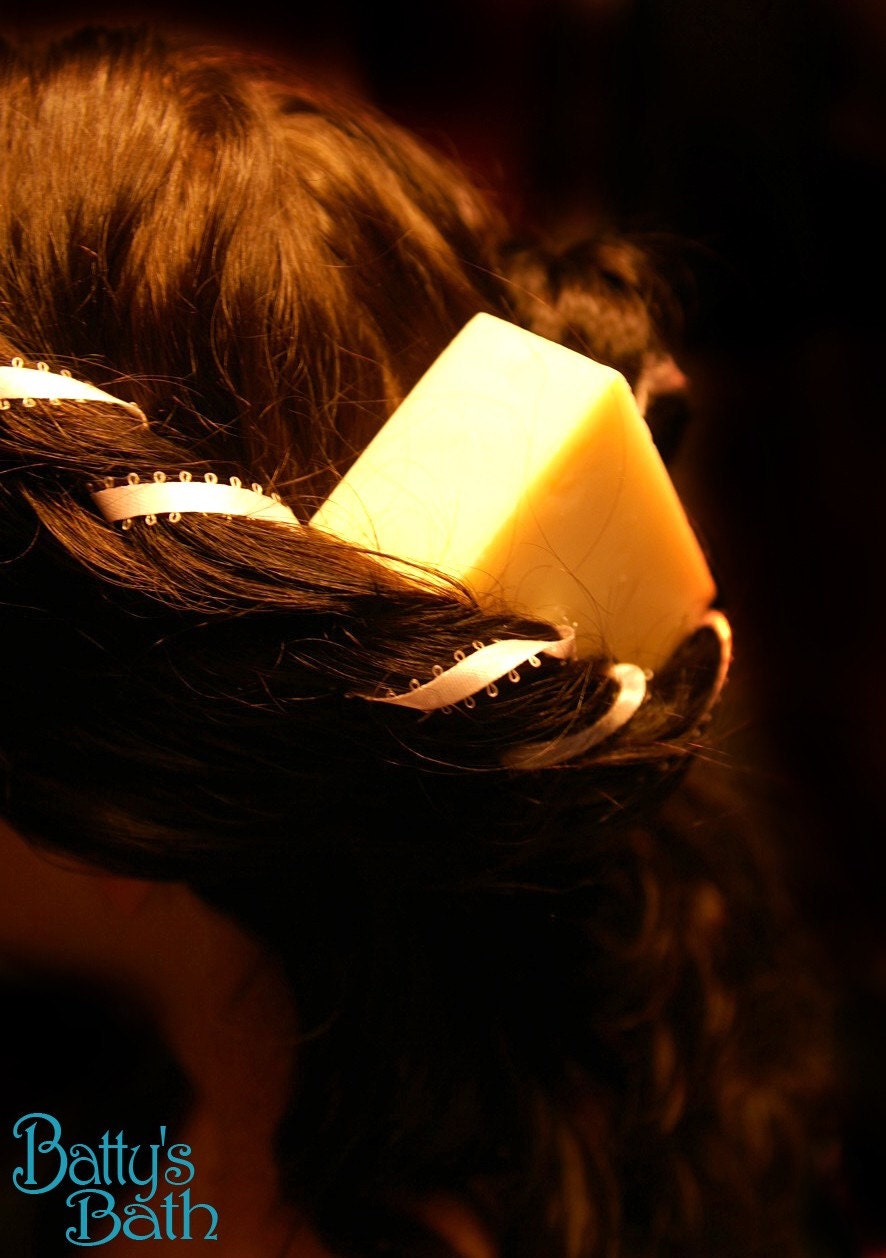
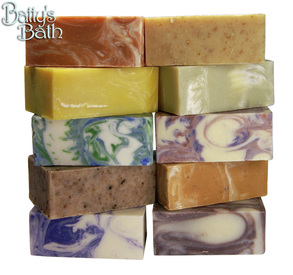

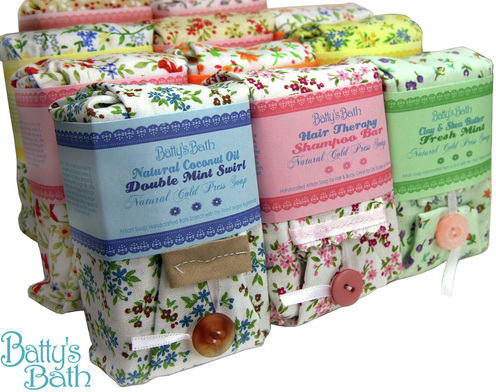



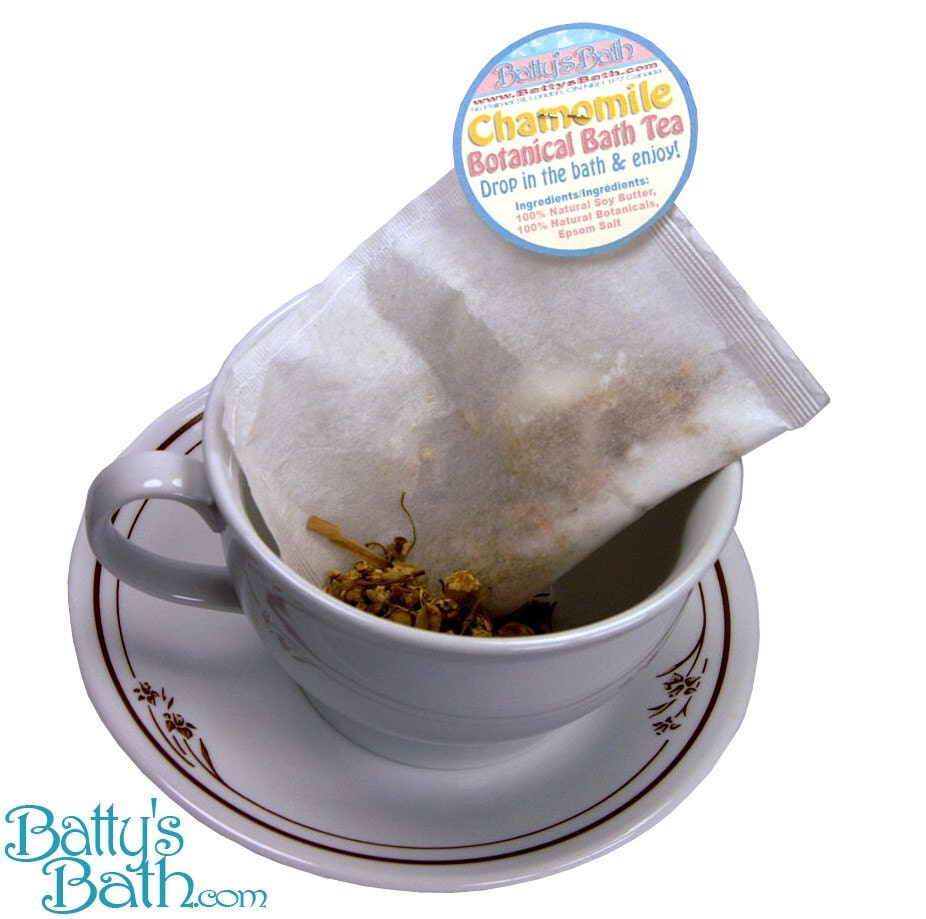


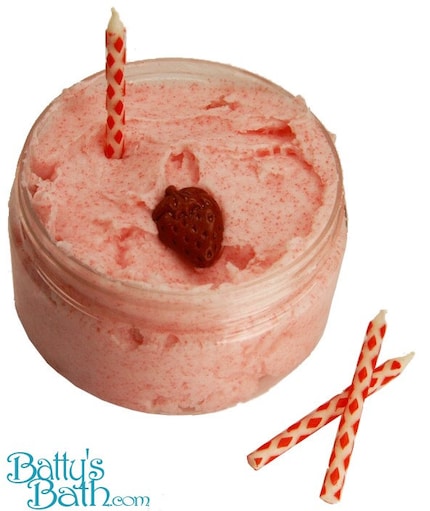
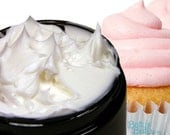


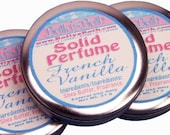
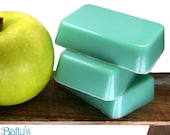
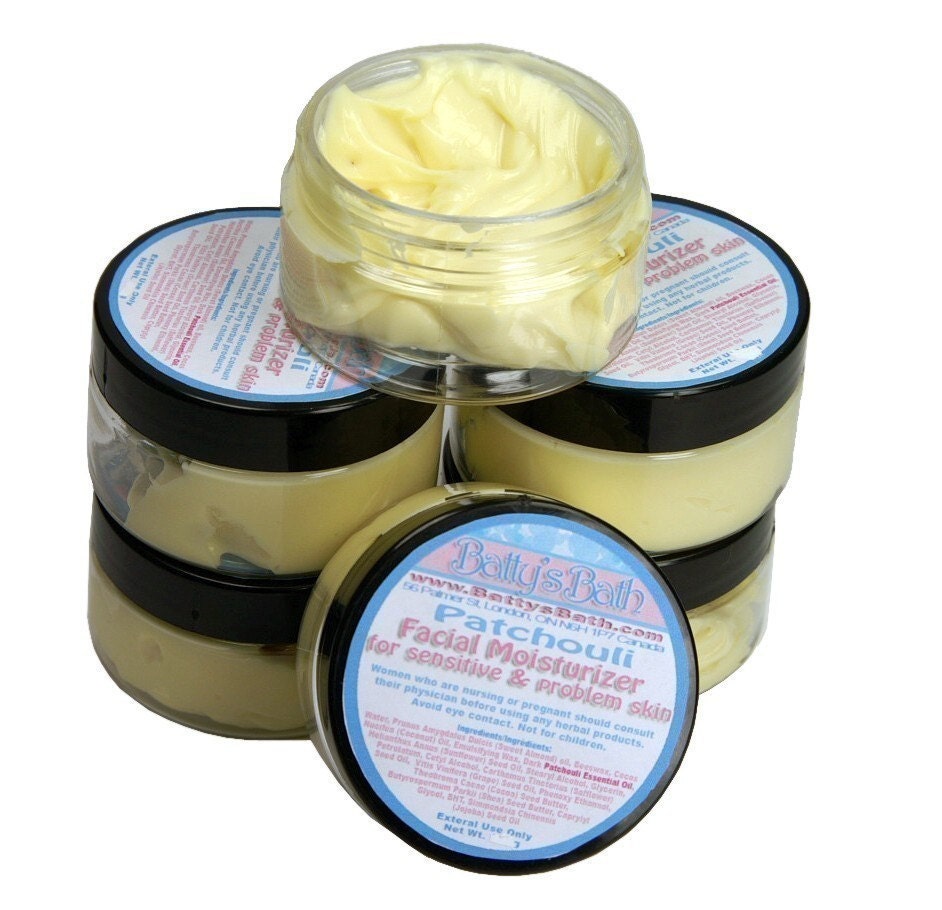
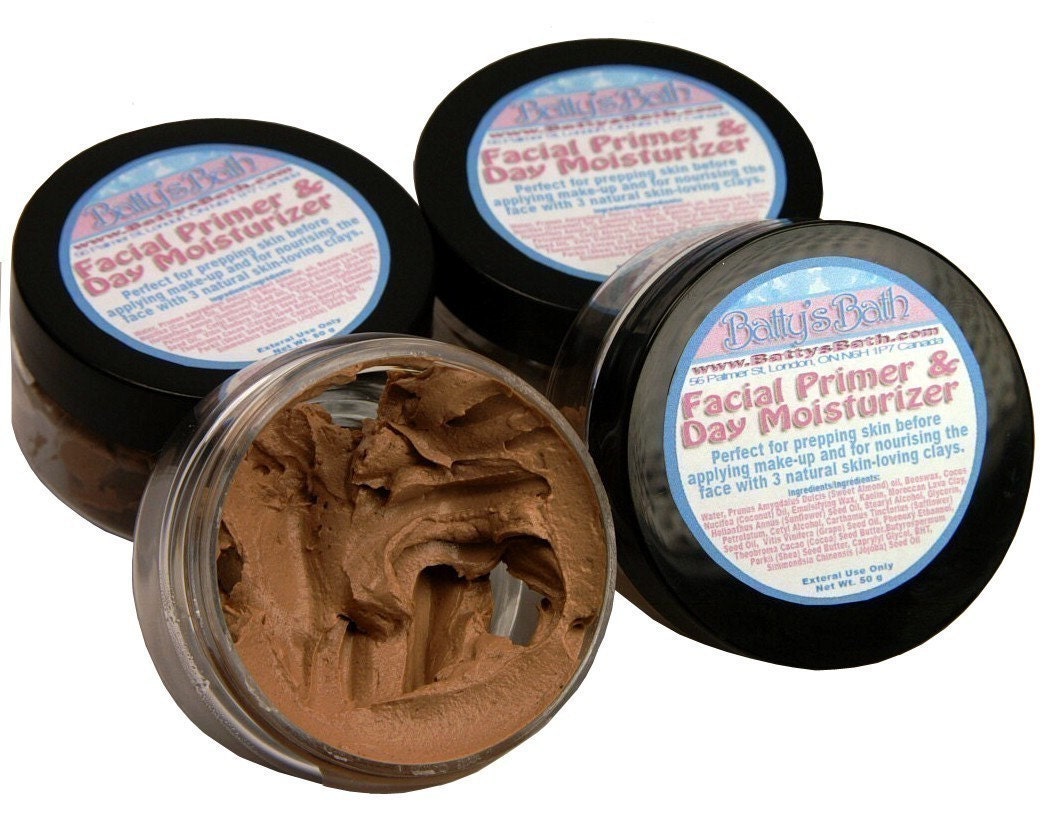
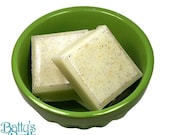

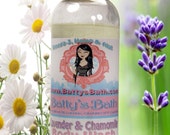
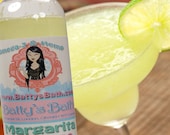
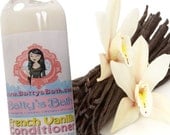
 In the
In the 




